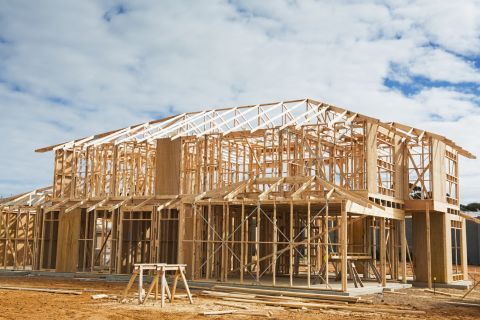Diabetes: A condition impacting hearing health
This Diabetes Awareness Month, let’s raise awareness on the connection between the two conditions.
Sponsored Story

As we age, it’s not uncommon to experience changes in our health, but did you know there may be a connection between hearing loss and diabetes?
A 2009 Blue Mountains study revealed people with diabetes are two times more likely to have hearing loss than those living without the condition.1
While it’s not known exactly why hearing loss is more common among people with diabetes, it is suggested that nerve damage caused by diabetes may affect the hearing nerves in the inner ear.
Researchers also believe the prolonged high blood glucose levels may lead to hearing loss by affecting the supply of blood or oxygen to the tiny nerves and blood vessels of the inner ear.
Over time, the nerves and blood vessels become damaged, affecting the person’s ability to hear.1 As a result, individuals with diabetes are two times more likely to have hearing loss than those living without the condition (Type I and Type II).1
Further studies demonstrate people who have blood sugar levels higher than normal (pre-diabetics) have a higher rate of hearing loss compared to those with normal blood sugar levels.3
Untreated hearing loss may have a range of negative consequences on an individual's life and can lead to safety concerns, putting them at higher risk of falls, for example4. It can also impact you in various forms such as:
You may feel left out of conversation.
Your social life may be impacted.
You may feel frustrated,5 lonely,5 anxious6, and isolated.5,7
You may experience increased fatigue.2.
Increased risks of other serious comorbidities, such as accelerated cognitive decline, have also been associated with hearing loss. In fact, some researchers found that older adults with hearing loss had a 24% higher risk of cognitive decline than those whose hearing was within normal limits.8
If you are living with diabetes or have any hearing concerns, book a hearing check with Audika to ensure you receive early diagnosis of any hearing loss and appropriate care. Call 1800 609 962 or click here to book now.
1 Mitchell P, Gopinath B, McMahon C. M, Rochtchina E, Wang J.J, Boyages S.C and Leeder S.R, 2009, Relationship of Type 2 diabetes to the prevalence, incidence and progression of age-related hearing loss. Diabet Med, Vol. 26, No. 05, pp. 483–488.
2 Jack A. Holman, Benjamin W. Y. Hornsby, Fred H. Bess, and Graham Naylor. Can listening-related fatigue influence well-being? Examining associations between hearing loss, fatigue, activity levels and well-being, Published online 2021 Jan 4. https://doi.org/10.1080%2F1499...
3 Cruickshanks, K. J., Dhar, S., Dinces, E., Fifer, R. C., Gonzalez, F., Heiss, G., Hoffman, H. J., Lee, D. H., Newhoff, M.,
Tocci, L., Torre, P., & Tweed, T. S. (2015). Hearing Impairment Prevalence and Associated Risk Factors in the Hispanic
Community Health Study/Study of Latinos. JAMA Otolaryngology Head & Neck Surgery, Vol. 141, No. 7, pp.641-648.
4 https://jamanetwork.com/journals/jamainternalmedicine/fullarticle/1108740
5 https://www.who.int/health-topics/hearing-loss#tab=tab_1
6 https://journals.lww.com/thehearingjournal/Fulltext/2002/04000/Hearing_loss_and_anxiety_in_adults.6.aspx
7 Lin FR, Metter EJ, O'Brien RJ, et al. Hearing loss and incident dementia. Arch Neurol. 2011;68(2):214-220. doi:10.1001/archneurol.2010.36
8. Lin FR, Yaffe K, Xia J, et al. Hearing loss and cognitive decline in older adults. JAMA Intern Med. 2013;173(4):293-299.







